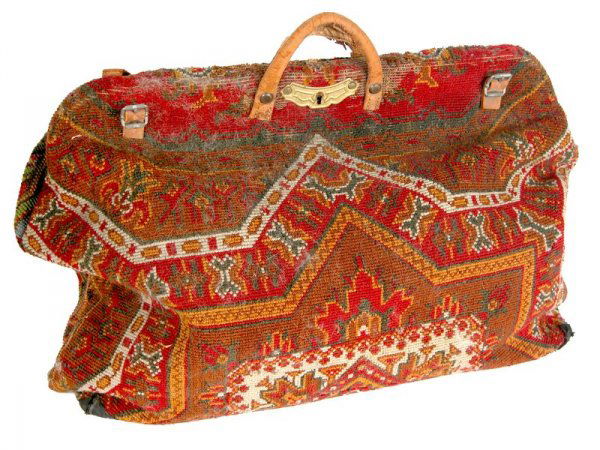But having embarked upon another long research and writing project, the columns are returning.
Things are so different from the embarkation of the research reading for The American Slave Coast though, and now, beginning the new project. Books are harder to get, as the research libraries have moved so many off the shelves to off-site. One cannot browse any longer, which is an actual drawback for researching no matter what digital advocates think. Waiting for a book instead of opening it up at the point of catalog placement on the shelves to learn whether it will be useful or not is also a huge drawback -- and truly slows down the work.
Additionally, as the database providers insist on charging a facility by the number of users on top of the quarterly flat fees, there is a corresponding effort, which is truly detrimental to professional research, of discouraging as much usage of certain of the databases as possible, This contradiction to the purpose of institution of higher learning boggles. The institution's accreditation demands providing research materials yet the bean counters don't want the research materials to be accessed. WTF? Much of the blame of course, accrues to the database providers themselves and their gddmned greed -- and their own desire to restrict access to the content for the sake of profit from other people's work and production. They don't create a syllable of the content they sell access to for their private profit.
 |
| A reconstruction of an 1860's carpetbag, fabricated from the same materials out of which were made carpets of the day.. |
Returning to my columns of research materials. This week I scored via inter-library loan and consortium programs a pile of books on "carpetbaggers." As perhaps others are aware, the stereotype of who the so-called carpetbaggers were does not generally conform to the pattern the Lost Causers created to show themselves as victims by greedy northern jerks. What almost all of these so-called carpetbaggers were, were people working with the Freedmans' Bureaus, educators, overseers of black voting rights and so on. Actually, though tragic and sad, this stuff is very interesting reading.
Of course, once again, one sees the same patterns repeated from 1861 through 2016 for voter repression, imprisonment for others' private profit, and all kinds of exploitation and cruelty.

No comments:
Post a Comment